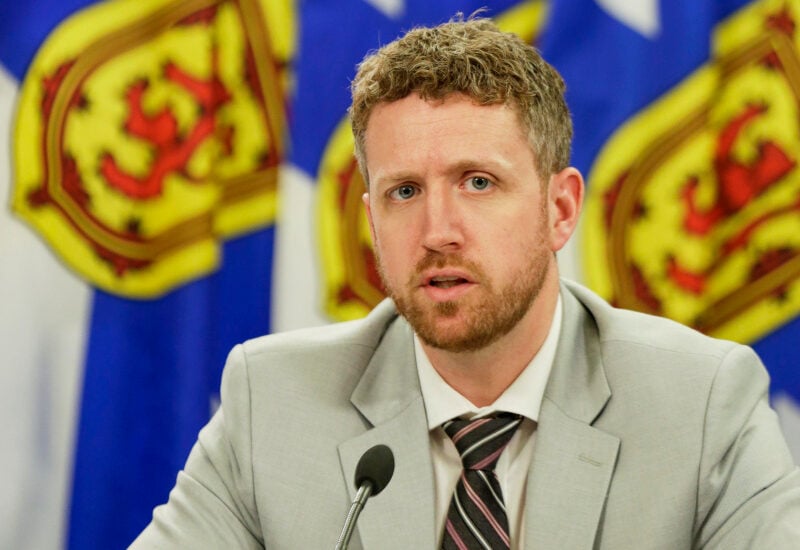
KJIPUKTUK (Halifax) – Iain Rankin really wants to be a fresh new face.
His “Recovery Review” aims to “consider programming from a new perspective – not only from the lens of GDP but also from well-being,” as Rankin wrote in a Chronicle-Herald op-ed on March 11th. Nova Scotia must have “environment, economy and equity,” none at the expense of the others.
In other words, this is no longer the austere, hard-nosed government of Stephen McNeil. Rankin promises his government will focus on issues like child poverty, the standard of living of Indigenous people, and climate change.
Rankin follows the example set by his federal Liberal counterpart Justin Trudeau in 2015 in promising a gentler, more progressive government than that of his predecessor.
But progressives across the country have been disappointed in Trudeau’s failure to deliver on issues like pharmacare, the climate crisis and Canada’s broken relationship with Indigenous peoples. Trudeau talks a progressive game, but defers to corporate Canada on all major issues.
In Rankin’s case, there is reason to be even more cynical.
Nova Scotia’s new premier is not an unknown quantity. He was a key figure in Stephen McNeil’s government, in cabinet since 2017. Rankin enthusiastically supported every Liberal party decision – every contract forced upon workers, every undemocratic shutdown of legislative committees, every refusal to raise income assistance rates for Nova Scotia’s most vulnerable populations (including children).
Rankin may well want to turn a new page. But he doesn’t get to divorce himself from the worst aspects of the McNeil years.
Perhaps more to the point, there are already signs that Rankin’s progressive talk may be just that — talk.
Nova Scotians have been drilled with the directive to stay home from work or school if we’re sick. To do that, however, it’s self-evident that we need to be able to do so without worrying about losing income.
Yet, when questioned by reporters and the NDP on a clear, reasonable solution to this problem — legislating paid sick days for all workers — Rankin dodges the question, not wanting to upset his big-business donors.
Similarly, on the issue of affordable child care, Rankin talks in circles, hoping the problem will go away on its own. Multiple studies have shown how universal public child care systems pay for themselves in women’s increased economic input, yet Rankin prefers to stand by his party’s solution to the COVID-19 pandemic’s disproportionate negative impact on women: a $5-million gift to a venture capital firm (which happens to be run by women).
This despite the fact that that money came with no guarantee that a single job would be created in this province. In contrast, according to a study by the Centre for Spatial Economics, a $5-million investment in child care would create 234 direct and indirect jobs and more than $11 million increase in GDP — all while meeting the needs of working people.
Rankin’s Recovery Review promises to look at “whether existing programs are affordable.” Somehow, however, the question “can we afford it?” only ever seems to apply to social programs like universal child care, not tax cuts and giveaways for corporations.
Is the new boss the same as the old boss?
It’s too early to really tell. But so far, the trends aren’t looking good.
Ben Sichel is a teacher in Dartmouth and a member of Solidarity Kjipuktuk-Halifax.
Check out our new community calendar!
With a special thanks to our generous donors who make publication of the Nova Scotia Advocate possible.
Subscribe to the Nova Scotia Advocate weekly digest and never miss an article again. It’s free!



